You are using an out of date browser. It may not display this or other websites correctly.
You should upgrade or use an alternative browser.
You should upgrade or use an alternative browser.
Happy thread :)
- Thread starter Jimdamick
- Start date
- Status
- Not open for further replies.
DIY-HP-LED
Well-Known Member
DIY-HP-LED
Well-Known Member
DIY-HP-LED
Well-Known Member
The worldview-changing drugs poised to go mainstream

 www.bbc.com
www.bbc.com
The growing legitimacy of psychedelics as therapies promises to transform how we view the extraordinary

The worldview-changing drugs poised to go mainstream
The growing legitimacy of psychedelics as therapies promises to transform how we view the extraordinary, writes Ed Prideaux.
The growing legitimacy of psychedelics as therapies promises to transform how we view the extraordinary
CunningCanuk
Well-Known Member
It’s about damn didly time!

 nypost.com
nypost.com

Portland unveils ‘Ned Flanders Bridge’ after iconic Simpsons character
Portland has named a recently completed pedestrian and bicycle bridge after the “The Simpson’s” famous, god-fearing neighbor, Ned Flanders, to promote goodwill and kindness.
DIY-HP-LED
Well-Known Member
rkymtnman
Well-Known Member
that one took me a few seconds. lol.
DIY-HP-LED
Well-Known Member
Me too, the straw was the first clue I hadthat one took me a few seconds. lol.
DIY-HP-LED
Well-Known Member
Homer would have made a wonderful Trumper and antivaxxer. The death threats would number in the millions! Think of all the material the news could provide to the writers, it would be almost money for nothing!It’s about damn didly time!

Portland unveils ‘Ned Flanders Bridge’ after iconic Simpsons character
Portland has named a recently completed pedestrian and bicycle bridge after the “The Simpson’s” famous, god-fearing neighbor, Ned Flanders, to promote goodwill and kindness.nypost.com
hanimmal
Well-Known Member
https://www.rawstory.com/michigan-lawmaker-introduces-bill-decriminalizing-psychedelics/

Michigan Sen. Jeff Irwin (D-Ann Arbor) introduced legislation last week that would decriminalize the use of psilocybin and mescaline — two plants and fungi commonly found in psychedelics.
This article was originally published at Michigan Advance
Senate Bill 631, which was co-sponsored by state Sen. Adam Hollier (D-Detroit), would allow the possession, cultivation and delivery of the two types of psychedelics. Commercial production or sales of entheogenic plants or fungi would still be illegal, but practitioners would be able to charge fees for counseling, spiritual guidance, or a related service if the service utilizes an entheogenic plant or fungus.
In an interview with the Advance, Irwin contended psychedelics provide several benefits and prohibition is a waste of time and resources.
Michigan Sen. Jeff Irwin (D-Ann Arbor) introduced legislation last week that would decriminalize the use of psilocybin and mescaline — two plants and fungi commonly found in psychedelics.
“These substances have medicinal value, they have religious significance and they have a very low propensity for abuse," Irwin said. “And so that's why I'm proposing to decriminalize the substance because it really makes no sense to spend any time or money arresting people and turning their lives upside down."
The trend in decriminalization efforts for psychedelics also comes after many states have legalized the recreational use of marijuana — another Schedule 1 drug. A majority of voters in Michigan passed Proposal 1 in 2018 which legalized recreational marijuana for those age 21 and older.
In Michigan, the Ann Arbor City Council passed a resolution in September 2020 decriminalizing the use of psychedelics. The city also passed a resolution designating September as Entheogenic Plants and Fungi Awareness Month. In Grand Rapids, a vote is likely to happen this year as to if the use, possession, growing or gifting of psychoactive plants and fungi should be decriminalized in the city.
Other major U.S. cities, like Denver and Washington, D.C,. have decriminalized the use of psychedelics.
There's also been movement at the state level. Oregon was the firststate to legalize psilocybin therapy in 2020, In California, lawmakers are moving closer to passing a bill that would decriminalize psychedelics in the state.
However, reform at the federal level has stalled. The Democratic-led U.S. House of Representatives voted against a proposal 140-285 in July that aimed to amend a spending bill to expand funding for research related to the medical use of psychedelics. But a report attached to spending bills in July, the Labor, Health and Human Services, Education and Related Agencies urged the need for psychedelic research to be conducted on how those drugs can benefit veterans suffering from mental illness.
Irwin said his proposed legislation would build off of decriminalization efforts in Ann Arbor and other communities to ensure no one is criminally penalized for utilizing the drugs.
Irwin also said the bill will contribute to efforts to reverse the effects of the War on Drugs — which has disproportionately affected communities of color since the 1970s. Federal restrictions on psychedelics began in 1970 after seeing an increase in psychedelic use in the 1960s.
“There are efforts in other communities across the state to decriminalize these substances and to stop wasting any police resource [and] turning people's lives upside down over it," Irwin said. “I'm really proud to be kind of starting up this conversation at the state level of why is it that we're continuing to engage this fail in government policy of prohibition? Why are we continuing to prosecute the war on drugs in ways that don't help us and lead to mass incarceration?"
Psychedelics are currently classified as a Schedule-1 drug in the U.S., meaning the drug has “no currently accepted medical use in the United States, a lack of accepted safety for use under medical supervision, and a high potential for abuse."
However, recent studies have shown that psychedelics may helppatients with crippling mental illnesses such as depression, post-traumatic stress disorder (PTSD) and addiction. In a study published last year, it was found that 71% of people with a major depressive disorder had a more than 50% reduction in symptoms within a month of taking psilocybin. Half of the participants even entered remission after using psilocybin for a month.
Irwin emphasized that the legislation will rid people of the ugly choice of having to choose between prioritizing their health and safety or following the law.
“Fixing that for those people and giving our institutions an opportunity to research and learn more about why these substances work for some people can be a great benefit to many people who are struggling with mental illness," Irwin said. “I think there are a number of benefits that can come out of [this] legislation."
Myc Williams, spokesperson for Decriminalize Nature Ann Arbor, spoke to the Advance about the bill's ability to decriminalize the use of psychedelics. Decriminalize Nature Ann Arbor is an organization that focuses on helping neighboring towns decriminalize psychedelics while also pushing for decriminalization at a state level.
Williams said the use of psychedelics goes beyond just having medicinal value, but can also change an individual's everyday life. He also highlighted that the use of psychedelics has been used in cultural and spiritual practices for centuries.
“People have found spiritual purpose [and] have found better practices in their daily life," Williams said. “Whether it be appreciation for the little things in life, family, and nature. And so this isn't strictly a medical thing, this isn't strictly a spiritual thing, but this is for the well-being of every individual and larger communities across the state."
Research institutions such as John Hopkins University and the University of California, Berkeley, have also recently opened centers dedicated to psychedelic research. Studies coming out of research institutions have indicated that psychedelics can be safely administered and help people with a myriad of mental health issues.
In a 2006 study at John Hopkins University, it was found that 67% of participants who received psilocybin versus a placebo “rated the experience with psilocybin to be either the single most meaningful experience of his or her life or among the top five most meaningful experiences of his or her life."
Williams went on to praise the role research has in destigmatization and decriminalization efforts, highlighting that recent studies examining the use of psychedelics have “overwhelmingly [been] in support of changing the laws around these substances."
“To deny that relationship with nature is in and of itself criminal if you ask me," Williams said. “All this [bill] really does is [protect] accessibility… because [psychedelics] are safe. Because they don't require a doctor's supervision. And when the medical model comes, [it will come], but at least we'll have protected the people of Michigan's access to these substances first."
DIY-HP-LED
Well-Known Member
Apparently it helps some people with depression or an attitude adjustment and affects our perception of reality for a long time. Usually our perception of reality is conditioned by our experience, our feelings of approach and voidance do this primarily, but it also includes our mental experience and how often we recall or think about something. Meditation helps us to decondition the feelings that distort our perception of reality, hatred and fear drives delusion and so does greed, and these negative emotions condition us the most strongly. You can always find more carrots, but if one stick hit's ya it's game over, and there is a 4:1 ratio.
HGCC
Well-Known Member
There does seem to be a wide freaking array of choices now. Mushrooms are something I could see buying at a dispensary. Doubt I would need more than an ounce a year so doesn't seem worth it grow.
DIY-HP-LED
Well-Known Member
Have a look at this 20 minute video and adjust your perspective of the world and humanity with facts, instead of bullshit.
Is the world getting better or worse? A look at the numbers | Steven Pinker
Is the world getting better or worse? A look at the numbers | Steven Pinker
injinji
Well-Known Member
I can't remember his name, but a guy took every kind he could find and wrote a book about it. He was on NPR the other day.Apparently it helps some people with depression or an attitude adjustment and affects our perception of reality for a long time. Usually our perception of reality is conditioned by our experience, our feelings of approach and voidance do this primarily, but it also includes our mental experience and how often we recall or think about something. Meditation helps us to decondition the feelings that distort our perception of reality, hatred and fear drives delusion and so does greed, and these negative emotions condition us the most strongly. You can always find more carrots, but if one stick hit's ya it's game over, and there is a 4:1 ratio.
It may have been a rerun, so this may be it.

'Reluctant Psychonaut' Michael Pollan Embraces 'New Science' Of Psychedelics
Author Michael Pollan experimented with mushrooms, LSD and other psychedelics while researching his latest book, How to Change Your Mind. Originally broadcast May 15, 2018.
CatHedral
Well-Known Member
I would like to see the synthetics at dispensaries. LSD, ketamine, MDMA.There does seem to be a wide freaking array of choices now. Mushrooms are something I could see buying at a dispensary. Doubt I would need more than an ounce a year so doesn't seem worth it grow.
DIY-HP-LED
Well-Known Member
DIY-HP-LED
Well-Known Member
DIY-HP-LED
Well-Known Member
DIY-HP-LED
Well-Known Member
- Status
- Not open for further replies.
Similar threads
- Replies
- 9
- Views
- 819
- Replies
- 2
- Views
- 659








